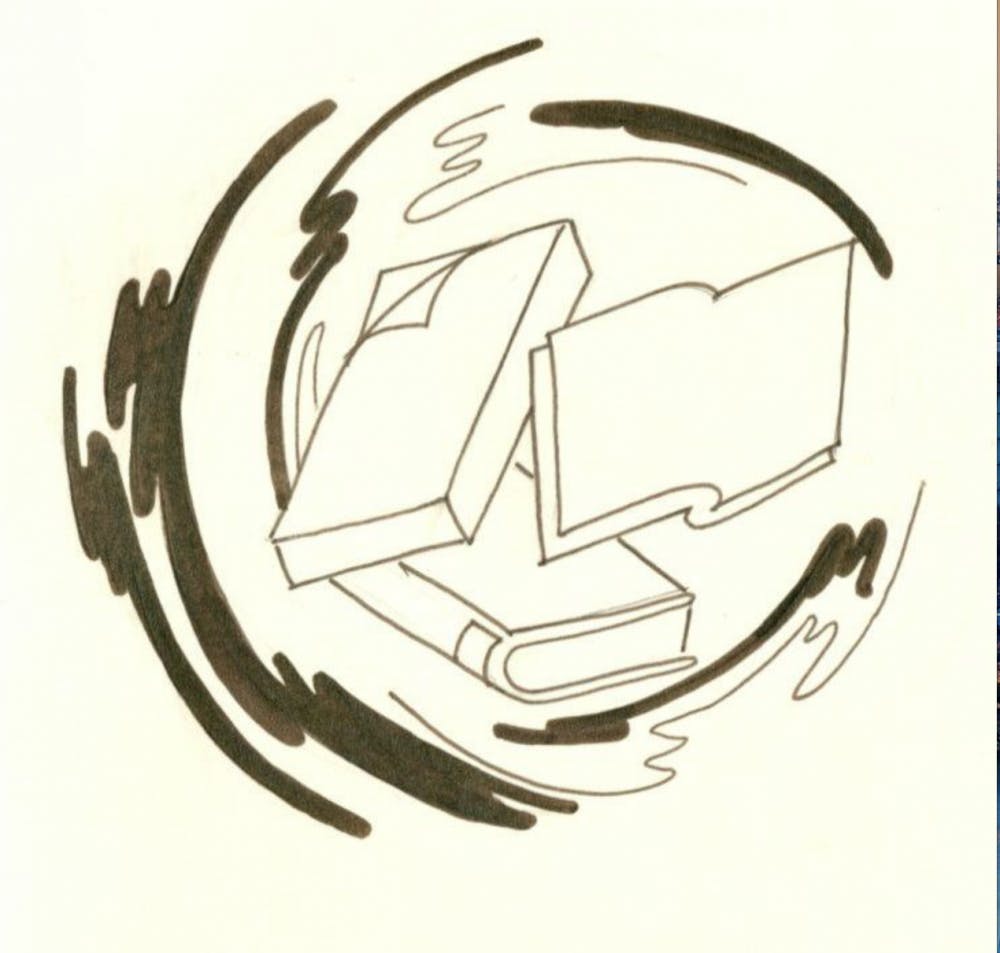The University joined the New University in Exile Consortium Sept. 6, committing itself publicly to “supporting scholars at risk due to war or political persecution,” wrote Provost Richard Locke P’18 in a community-wide email in August. The University is a founding member of the consortium and joins 10 other universities who share similar commitments to “hosting displaced and endangered scholars,” Locke wrote.
Arien Mack, professor of psychology at The New School for Social Research, said she first founded the consortium out of “concern with the fate of threatened scholars.”
“The ever-increasing attacks on scholars in many places throughout the world today have made this initiative morally mandatory,” the organization’s mission states. In some Middle Eastern countries, scholars “have been forced to flee and universities have been destroyed,” according to the website. To join the consortium, universities must host at least one endangered scholar for over two years, Mack said.
“As a member of UIE, Brown commits to hosting displaced and endangered scholars and to providing the essential resources to ensure they are able to thrive during their time on campus,” Locke wrote. While every member of the consortium may define its role differently, the University has “focused primarily on students and scholars from war-torn regions who are interested in continuing their education and research in relative peace,” said Marisa Quinn, chief of staff to the provost. Hosting scholars is “really about ensuring the continued advancement of knowledge,” she added.
The University started hosting endangered scholars in 2015 after witnessing a “huge influx” of refugees flowing from Syria, Libya and Iraq into Europe, Quinn said. To bring a scholar on campus, the University collaborates with the Institute of International Education, an organization that keeps a list of threatened scholars seeking refuge. After researching and discussing with relevant department chairs, the University reaches out to the scholar and makes an offer, Quinn said.
If a scholar accepts an offer, the IIE provides funding for scholars, which the University then matches, Quinn said. Financial support comes from the offices of the Provost and the Dean of the Faculty as well as outside donors, she added. This funding covers stipends, housing and health insurance for scholars.
Though the University officially joined the consortium this fall, it had already satisfied the requirement of “hosting at least one displaced or endangered scholar,” Quinn said. The University is currently hosting a visiting professor, a graduate student, and a visting artist and has hosted two other scholars that qualify as scholars at risk in the past.
Jelili Atiku, assistant professor of Africana studies and artist-in-residence through the Brown Arts Initiative, arrived at the University in January. He came through a collaboration between the University and the Artist Protection Fund, a branch of the IIE dedicated to making “life-saving fellowship grants to threatened artists” and placing them at host universities to continue their work, according to their website.
Before coming to the University, Atiku was imprisoned after he gave a performance challenging the local authorities of his hometown, Lagos, Nigeria. In his January 2016 performance entitled “Aragamago Will Rid This Land of Terrorism,” he brought light to an incident in Lagos during which three women were brutally “molested, sexually abused and raped,” he said. In his performance, Atiku also accused Oba Moruf Adisa Ojoola, the King of Ejigbo in Lagos, of terrorism. The next day, the police arrested him and brought him to Kirikiri Maximum Security Prison, Atiku said. His home was ransacked, and it became clear that his and his family’s lives were at stake. Because of the APF and the University’s support, Atiku said he has been able to continue his work.
“The week that I came here was when Trump made a statement that condemned the African continent as a ‘shithole,’” Atiku said. “That made me feel so bad. I was traumatized when I was coming, and I was even more traumatized by that statement.” Many of his performances and drawings are responses to President Trump’s decisions and the issue of migration.
The University has given Atiku “enormous support” that makes him feel “comfortable and at home,” he said. He has a safe apartment, an office, studio space and access to a library. In addition to creating artwork, Atiku is also teaching a new course that he created, AFRI 1040: “Decolonized Bodies, Spirit Bodies: Tracing the Indigenous Knowledge of Africans.”
Atiku doesn’t know how long he will stay at the University. His fellowship ends in December, and while he hopes to extend his stay, he would also like to return home to see his family. “It’s been really tough to be seperated,” Atiku said. “Sometimes I wonder if I’m being selfish” for leaving Nigeria, he added.
In the future, Mack plans on growing the consortium to include more universities and expand the community by bringing together more scholars and hosts. Along with the University, Barnard College, Columbia, Connecticut College, George Mason University, Georgetown University, Rutgers University-Newark, The New School, Trinity College, Wellesley College and Wayne State University make up the consortium’s current members, according to the consortium’s website.





